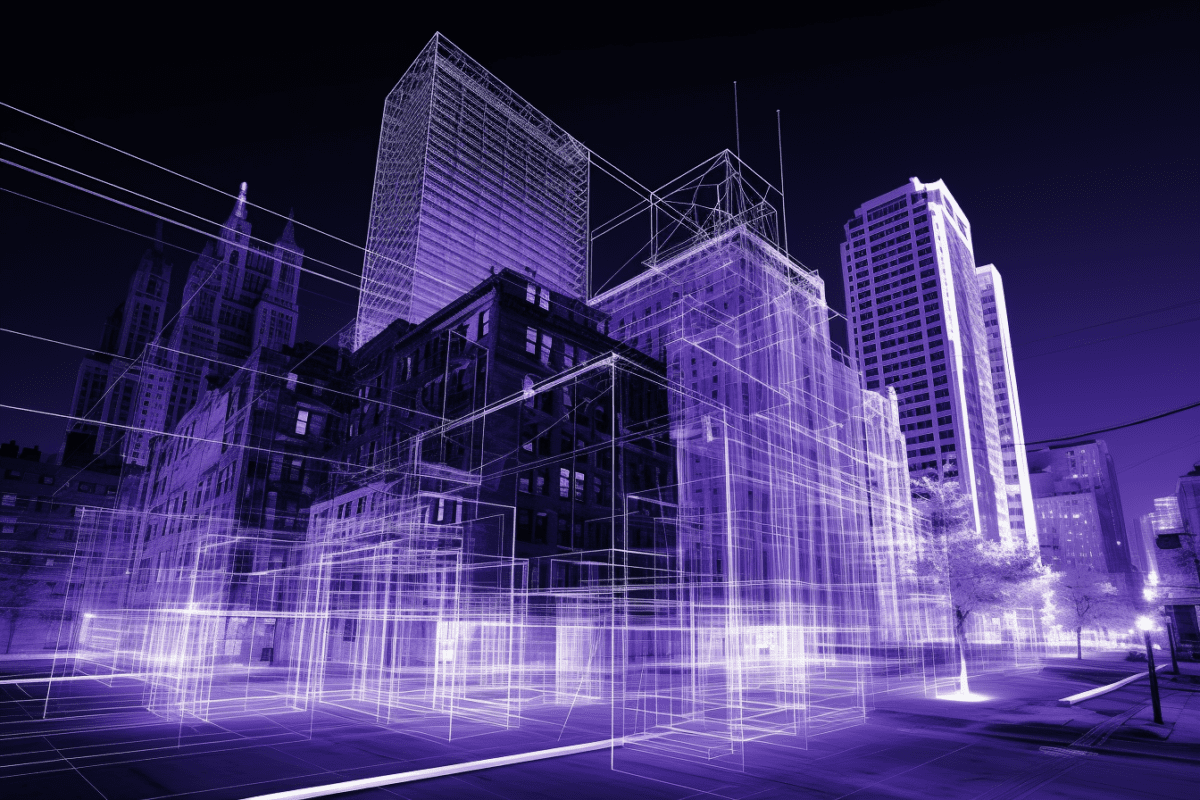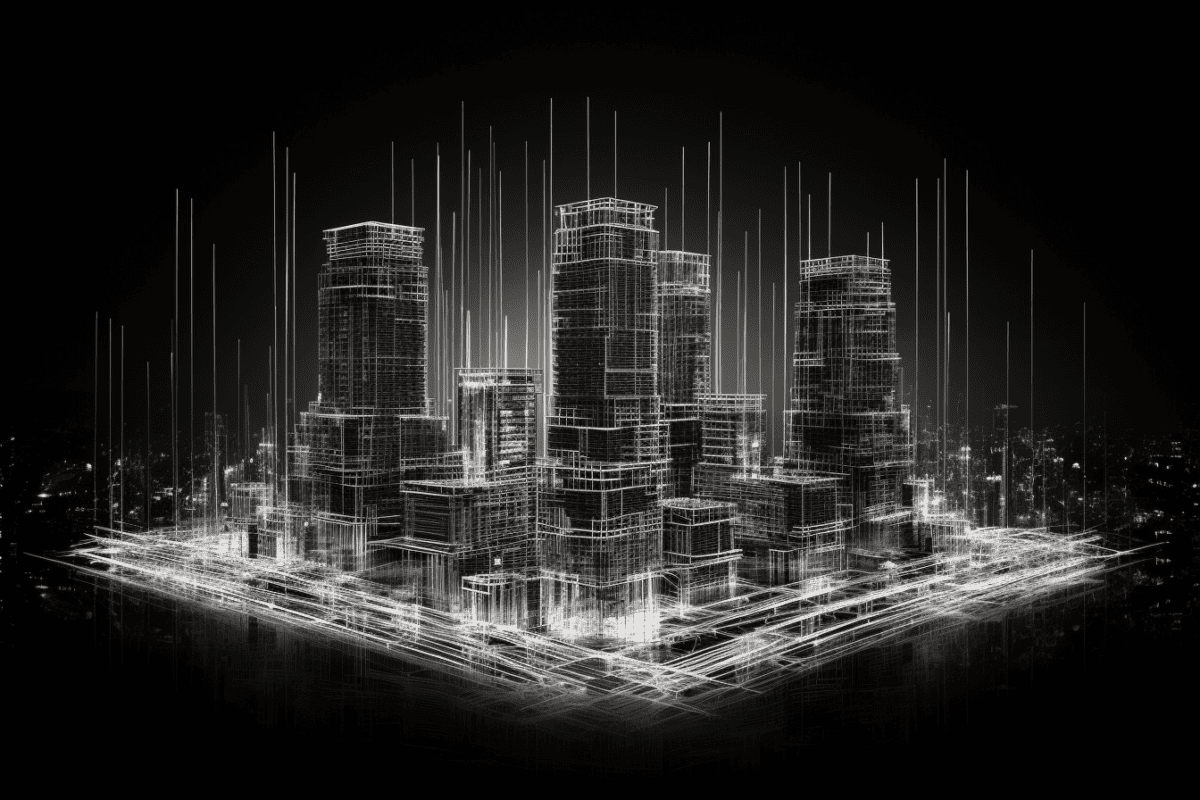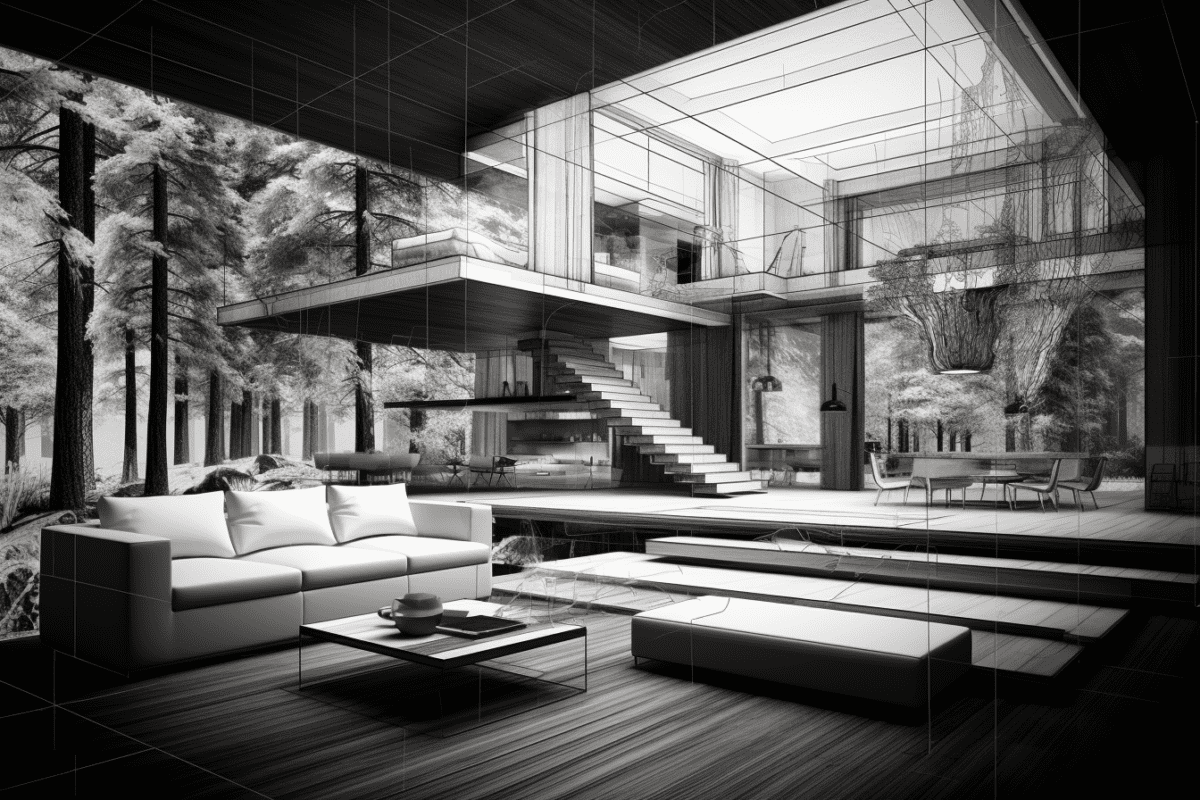Impressive collaboration and immaculate communication are essential in an ever-changing world of architecture to achieve extraordinary project outcomes. Architects, developers, and other stakeholders must connect, share ideas, and align their visions to establish remarkable structures and buildings.
Fortunately, the emergence of artificial intelligence has opened up a new age of capabilities, introducing creative solutions that empower architects and builders in the business. Constructors can now leverage intelligent design solutions that improve collaboration and communication throughout the construction process.
Unlocking the Potential of AI for Collaboration and Communication Between Architects and Developers
Table of Contents

Artificial intelligence systems can help architects, designers, and clients in the design and construction process by facilitating collaboration and communication more effectively.
Following discussed are several ways through which artificial intelligence (AI) can be utilized by architects and constructors:
1. Simulations and Visualization
Immersive visualizations created through intelligent design technologies enable architects and designers to communicate their ideas with stakeholders, as well as enhance understanding and collaboration. AI can enhance visualization for architects during the construction process in various ways:
- Realistic 3D Visualization
Robot design solutions can assess architectural blueprints and design models to create 3D renderings of building projects. These visualizations accurately portray the anticipated outcome, allowing architects to interpret the finished structure in detail before construction begins.
- Exploring Design Options
AI-powered design tools can generate a variety of design alternatives depending on predefined criteria and parameters. Therefore, builders and architects can interpret and compare different architectural alternatives and make well-informed design judgments.
2. Interactive Walkthroughs
Interactive systems driven by artificial intelligence can evaluate 3D models to construct digital representations of buildings and traverse the design in a virtual world by utilizing computer vision, virtual reality, and augmented reality technologies.

As a result, AI-powered architectural walkthroughs allow architects to examine the feasibility of design with the site and detect any potential issues or concerns. Moreover, builders can use 3D interactive walkthroughs to share their ideas, consult with stakeholders, and make educated decisions throughout the architectural process.
3. Real-Time Feedback
Artificial intelligence provides real-time feedback on architectural plans, allowing builders and designers to identify possible risks or improvements early in the process. Architectural feedback can involve design problems, structural discrepancies, or acceptance of construction rules and regulations. When architects receive instant feedback, they can communicate more effectively, handle problems quickly, and iterate on designs more efficiently.

4. Budgeting & Cost Savings
Intelligent design solutions can help architects save money through accurate cost estimation and optimization capabilities. AI can help designers to analyze and manage construction costs in the following ways:

- Cost Estimation
Intelligent design algorithms can provide accurate cost estimates by examining historical cost data, material prices, labor rates, and other project parameters. Thus, AI considers various elements and creates accurate cost estimates for building tasks, allowing builders to make educated judgments regarding material selection and the construction process.
- Sustainable and Energy-Efficient Alternatives
AI can help architects achieve cost efficiency by interpreting improvement areas where costs can be reduced. In addition, AI can recommend alternate materials or building procedures and provide cost-effective design options while maintaining the project’s timeline and budget.
5. Optimized Project Planning
Integrating construction processes with artificial intelligence can help builders to plan projects more efficiently. The following are several valuable capabilities of AI to optimize the construction and design process:

- Project Schedule and Timeline
AI can help architects interpret realistic project timelines and schedules. Intelligent design systems consider multiple project characteristics, resource availability, and regulations to accurately predict the timeline and finalization process of the construction.
- Risk Management
During project planning, AI can help architects in detecting and managing forthcoming risks. AI technologies enable architects to build proactive risk management plans, distribute contingency resources, and make educated judgments to prevent unnecessary roadblocks.
Final Words
For architects, designers, clients, and other stakeholders, artificial intelligence solutions have transformed collaboration and communication effectively. From design optimization to data analysis, architects can investigate various design alternatives, maximize the performance of the construction process, and develop long-lasting structures.
Integrating expert systems empower builders and constructors while also pushing innovation and defining a future of creative, efficient, and effective construction processes. As artificial intelligence continues to transform the architecture and construction businesses, the future of the industry represents great potential.

